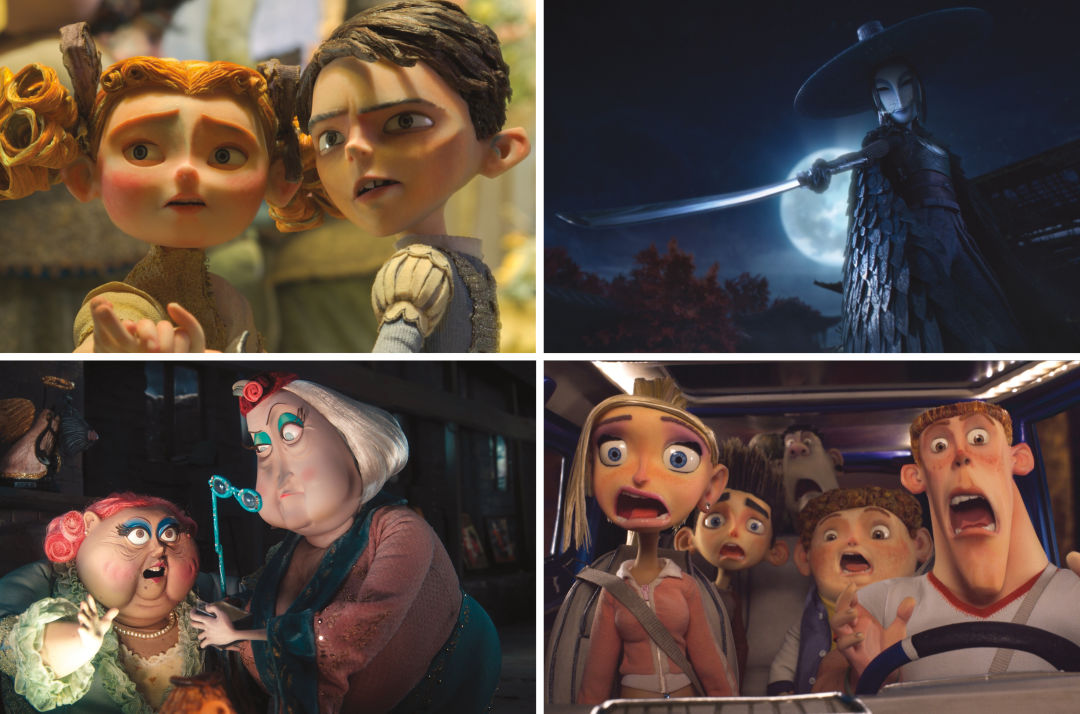

The pendulum has gone so far in that one direction. But I think if you look at where our industry is going, it’s dominated by franchises and brands, re-dos, re-makes, sequels and prequels, where all these old presents are re-wrapped and offered up as new gifts. My industry brethren are a little shocked at how firmly I’m committed to not doing sequels. Travis Knight: I take a firm stand against sequels. We are a ways from that but we are shrinking the period between releases.Īs for sequels, don’t expect them from Laika anytime soon: Ultimately, the goal is to be on an annual cycle – releasing a film every year. So we have to figure out a way to overlap these productions. And I want to tell so many different kinds of stories, in so many genres. The way we make films, there’s only so many films you can do in that time that you have. You only have so much time on this planet. While finishing up on Kubo, we started our next production, so we’re shooting out shooting two films at once for the first time. Because, unlike CG, you need real estate, a place to build these sets, these puppets…On Kubo, this is the first time we were shooting two films concurrently. In large measure, that limitation is a function of space. Travis Knight: Right now we’re on a cycle where films come out every two years. Knight also said that he aims to ramp up production to the point where the studio is releasing a film annually instead of one every two years as it currently does: The film following the next one, it’s just so unusual, so interesting. The thing that excites me is that I know that the handful of films we’ve got coming down the road and they’re so totally different from what we’ve done. Completely different from what we’ve done before. It’s really interesting aesthetically, tonally. We’ll probably announce before the end of the year. Travis Knight: It’s a blend of things we haven’t really tackled before. John Canemaker: Is it a genre film, like film noir or science fiction, or a western? It’s still intended for families, but it’s a different kind of a story. But it’s a different kind of a film for us. I don’t even know that there are any children in it at all. Our next film does not feature a child protagonist. The things we’ve got coming are completely different. And so, it is, effectively, the end of this first cycle of films that we’ve done at the studio. But it also deals with healing, compassion, forgiveness and empathy. The themes that it deals with – loss and grief. This film is a good bye in a number of different ways. John Canemaker: You’ve said Kubo is a final culmination of the four features you’ve done that focus on childhood.


 0 kommentar(er)
0 kommentar(er)
